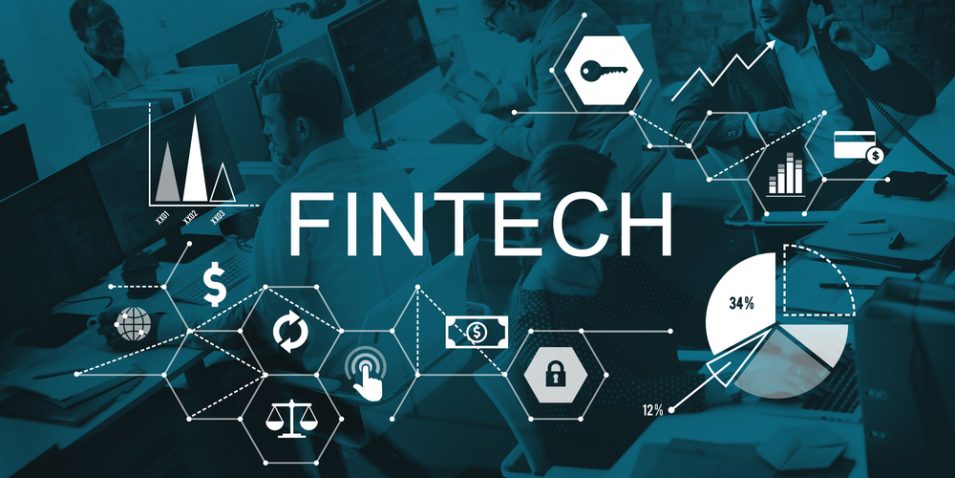
02 Jun Is the Fintech time
For 12 years now, Fintech has been breaking into financial models, changing forever the digitization of different services, ranging from alternative financing (For example, Crowdfunding) to the electronic negotiation of securities, guarantees and documents.
Fintech aims to accompany the most vulnerable people of this difficult situation, with the conviction that, with our entrepreneurial DNA, we offer innovative solutions that allow us to adapt agilely to the new conditions of the environment. Because of the above, we are driven to those businesses which did not intend to implement technology solutions, because this is the perfect time to do so.
Fintech already brings with it models of digitization and complete virtual experience from end to end with great benefits, both for entrepreneurs and for any type of person. On the part of entrepreneurs, the benefits of Fintech technology translate into: better coverage, better user experience, lower costs, and greater agility; creating a great relief for any entrepreneur, as he will be able to continue his business digitally.
On other hand, for a person who is suffering the consequences of the conjuncture, it can also be a relief. It is important to understand that a large number of these people will not be part of the credit lines provided by the financial system, as it presents barriers for those with limited resources to access financing solution from the Commercial Bank; for example the low financial history, the lack of specialized lending models and the non existent credit history.
Unlike traditional financial services, Fintech identifies itself as an inclusive technological tool because, through it, citizens, both with high and low monthly incomes -or those who do not have a fixed-term or indefinitive contract-they can access different solutions (for expample, a credit); their main business objective is to support the population that is excluded from traditional bank loans.
Without a doubt, Fintech can reach those people who are sub-banked or Underbanked, because their risk model, the regulatory burden and their scheme of resource allocation, is intended to assist populations that tradionally do not have access to traditional financial services.
But these great solutions can simply remain a discursive one, because unlike what happens with the traditional financial industry, which has the attraction to be able to place money in society, in alternative financing, is operated with own resources, these being limited.
Colombia Fintech has developed a dialogue with the national government in order to respond to the challenge presented to the most vulnerable members of the community; having as its main proposal. In order to be able to offer solutions at this juncture, the need for continued funding, whether through venture capital, investment funds or investor leverage.
In this sense, through a public policy around the injection of liquidity, taking advantage of the solutions offered by the Fintech industry, it is possible to support the most vulnerable population, the one with the most needs, but it is necessary to be committed to providing technological solutions to the population either with a guarantee of the credits placed by the Fintech, or even a public funding.
Finally, if we want to reach the population most in need, we need to think of new ways of dealing with it, and that is why we urge creativity and broader thinking, because they are critical at the moment. It is the Fintech time because, with the power of technology, it can be used to continue advancing; the Fintech industry is ready to face the impacts coming from this conjuncture and to support any citizen who need relief in these volatile times.
Source: Fintech Colombia
